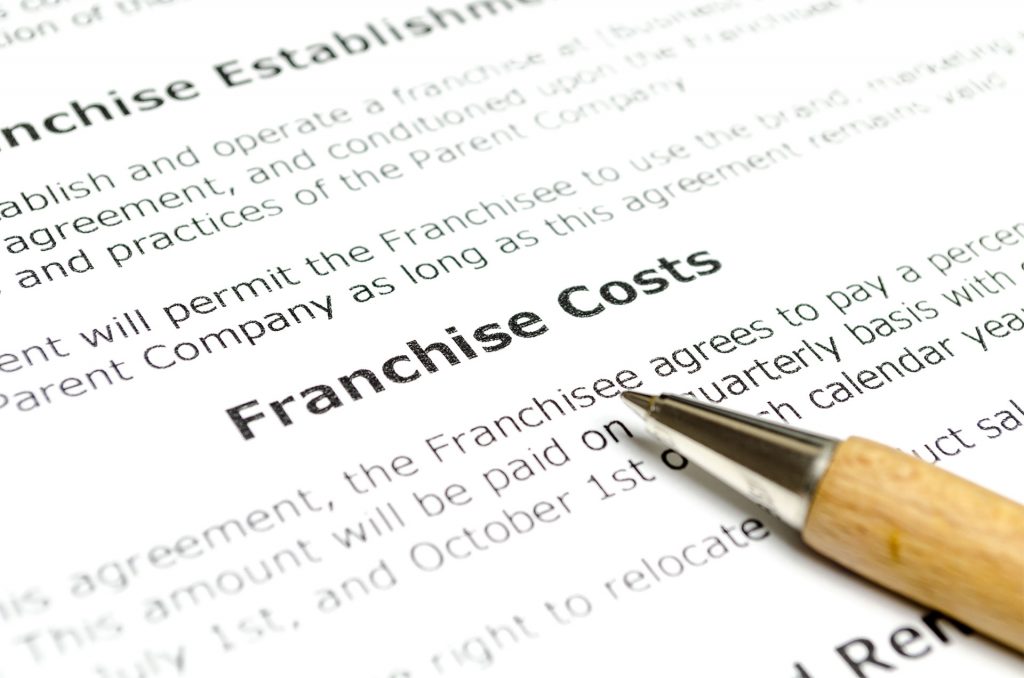From 1 July 2021 Franchisors and Franchisees can expect amendments to the way they do business – and if the draft Regulations are anything to be guided by – these changes will bring greater clarity, transparency, disclosure and fairness to the relationship.
Australia’s franchising landscape is highly regulated. Since the Code was established, there have been overhauls made to it in 2008, 2010 and 2015, following multiple Government inquiries.
The Australian Government’s response to the latest Joint Committee Inquiry into the operation and effectiveness of the Franchising Code of Conduct Report “ Fairness in Franchising” represents a balancing act. On the one hand wanting to recognise and acknowledge the freedom of an individual to make choices which affect it and on the other hand introducing measures to address the imbalance in knowledge, power and finances that inevitably exists between Franchisors and Franchisees.
The Government recognises that there is a need to restore confidence in a franchising sector that is in lacking in fairness and transparency at times but deliberately stops short in these draft regulations of implementing all of the recommendations that flow from the Fairness in Franchising Report.

Tellingly the Report states:
“Regulating franchising as a general partnership co investment model would mean a material change to the sector and would likely have unintended consequences. It would materially change the relationship between the franchisor and franchisee and required the Franchising Code to be replace with a franchising act that would impose significantly greater regulatory burden.
The Government knows franchising is an important contributor to Australian business. It reports that Franchising contributes approximately 9% of GDP in Australia. There are about 80,000 franchise outlets turning over AU$146 billion pa. Surprisingly 4% of small businesses in Australia are franchises and approximately 500,000 people are directly employed in the sector.
To over burden the Franchise industry with significant regulation however may threaten the viability of it if entrepreneurs sense the red tape and administrative burden involved in operating of a Franchise System outweighs the benefits of doing business.
So then how has the Government fared in balancing this tightrope between freedom to contract and restoring confidence to the Franchising system?
Reviews of the draft regulations have thus far been mixed with some suggesting they fall short of providing the sector with the transparency, disclosure, fairness and dispute resolution methods needed to address the perceived imbalance. To my mind however those critics expectations are set far too high and the proposed changes will continue to “move the needle” in a manner which affords franchisees greater protections.
Consider, for a moment, the following changes that are likely to be implemented from July 2021 as a result of the new regulations:
• Requirement for franchisors to provide to a franchisee a “Key Fact Sheet” that summaries the important information from the Disclosure Document before the Franchise Agreement is entered into;
• An Information Statement to be provided when a franchisee first applies for or expresses an interest in a franchise that includes advice on a new franchising website that warns and educates prospective franchisees about the risks in estimating labour costs, particularly for greenfield sites;
• the Disclosure Document needs to include information about whether the Franchisor will get a benefit (whether pecuniary or not) from supplying goods or services to the franchisee i.e. rebate disclosure;
• the franchisor to state whether or not the Franchise Agreement provides for arbitration of disputes in a manner consistent with the Code’s new voluntary binding arbitration procedure;
• the franchisor to set out what rights the franchisor and a franchisee have to terminate the franchise agreement before it expires;
• the franchisor to explicitly set out a franchisee’s rights (if any) relating to any goodwill generated by the franchisee at the end of a Franchise Agreement;
• if a franchisor elects to provide earnings information, it needs to provide a statement that to the best of its knowledge, the earnings information is accurate;
• the franchisor will need the franchisee to agree to any Capital Expenditure required– or the franchisor will need to set it out very clearly in the Disclosure Document and the franchise agreement before it is entered into or renewed so the franchisee is aware of such costs. As much information as practicable about Cap Ex requirements to be provided in the Disclosure Document. Discussion needs to include circumstances under which the franchisee is likely to recoup the expenditure – having regard to their geographical area and operations;
• Availability of multi-franchisee dispute resolution so that when more than one franchisee has a common issue or dispute with the franchisor it can be dealt with conjunctively;
• a doubling of the penalties that apply for a breach of the Franchising Code ;
• these penalties to now apply to the use of marketing funds; and
• a new franchising website to make it easier for prospective franchisors and franchisees to access information and support.
Sure, arbitration is not compulsory and there is not right to an automatic termination of the Franchise by the Franchisee but the protection to Franchisees is significantly improved and the Government has managed to reach a balance that enables the wheels of commerce to march on in the world of Franchise.
For all your Franchise needs contact Dempseys Law Firm

